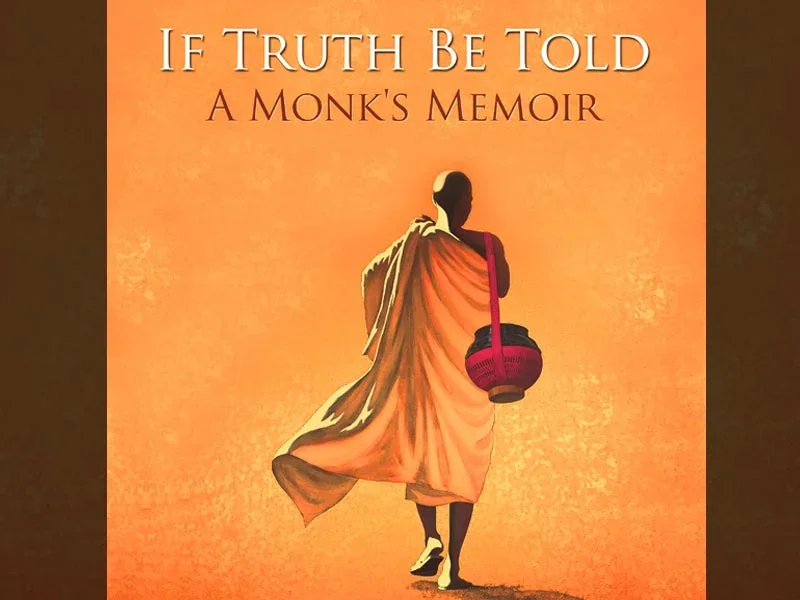When will My Bad Time End?
will My Bad Time End?
We have taken upon ourselves so many responsibilities that we can’t afford any changes. Even a small change can cause big problems. We often classify people, things, circumstances into good or bad. So, when people are going through challenges, they generally pour their heart out and tell me how life’s not fair, but in the end, they ask me two questions:
a. Why is this happening to me? And,
b. When will my bad time end?
I know what they mean, I hear what they are saying, but personally I don’t think time is good or bad. Beyond this rudimentary classification, how we see what we do makes all the difference to our happiness. A while ago I wrote a post on this (read it here). When what is happening to us is inconvenient, we see it as bad and when life goes according to us, we call it good. This is a sorry and an incomplete definition.
This duality of categorizing everything in absolutes, in good-bad is a dangerous and an extremely limited view. Is summer good or winter bad, spring good and autumn bad? It all depends on our needs and our wants. Those who love snowboarding wait for winters and those who want skateboarding crave for summers. I can’t tell you precisely why you are going through what you are. It may be because of your choices, your skills or simply the circumstances. But, I can tell you with absolute certainty when will your bad time end. Read on.
Your bad time will end the moment you stop seeing it as bad. The “bad” will go away and time will continue to tick, for Time, in its own right, is beyond classification, it never stops nor ends. It keeps moving. And, it does so without any adjectives. What we often label as good or bad are simply the seasons of life, the colors of time. Every night is greeted by dawn and every day disappears into dusk. This is the truth of life.
Everything is impermanent, transient and interdependent. It’s a passing phase. It is unreasonable, even foolish, to expect that time will always be “good”. Time, like nature, like everything else in our infinite universe, moves indiscriminately. Sun doesn’t say I’ll shine brighter here or lighter there because this is what people want, or because this is what I want. It just shines.
In a busy marketplace, Mulla Nasrudin sold his aging donkey to a young man for thirty dinars. The new buyer began auctioning the animal right away.
“Here’s a chance of a lifetime,” he hollered. “What a beautiful donkey! Quiet and hard working! Look at his strong white teeth! Ah, these soft eyes!”
He continued to glorify the donkey with unearthly praises.
“40 dinars!” A man shouted in the crowd.
“45 dinars!” Another voice came.
“50!”
“60 dinars!” Yet another one cried.
“70!”
Mulla stood there stupefied. “How dumb of me to think it was just another donkey,” he thought. “Look at how these people are desperate for him.”
“80!” Someone yelled as the bidding progressed. Everyone went quiet at the high bid.
“80 dinars going once… 80 dinars going—”
“100 dinars!” Mulla roared. “I must own this magnificent creature.”
Sometimes life feels ordinary, time feels bad because it’s not going our way but just when we are about to part with it, we begin to see its real value. It’s the same life, it’s the same donkey, but because someone else is placing a higher bid on it now, we up the ante too. Our stance changes, our priorities shift, we want it now.
Life does not know what you want, it only sees what you do. And even if it could understand what you want from it, it is too unattached, too wise to take you too seriously. Have you ever noticed how it flees in a split second? This is the life we dearly hold, protect, cherish and cling to for decades. But, when it leaves, it does so abruptly, even cruelly. What can we possibly expect from our world, from others, when our own life refuses to look back at us disregarding the feelings we held for it all along.
Whatever is your present, learn to be grateful and enjoy it. This is the way to take care of yourself. And, care, I may add, is a peculiar and a paradoxical sentiment. If you don’t take care, it’ll wear you out and you’ll be careworn. And if you do take care, it will set you free and you’ll be carefree. You choose. Carefully. Because, your life rests on your choices and your choices depend on your priorities, and they, in turn, depend on what you want. Let’s not hold time responsible for what is borne out of our desires and conditioning.
Know time for what it is — ever moving. Discover yourself for what you are — eternal. If time’s soul is movement, yours is liberation. Beyond good and bad lies your truth.
When will My Bad Time End?
